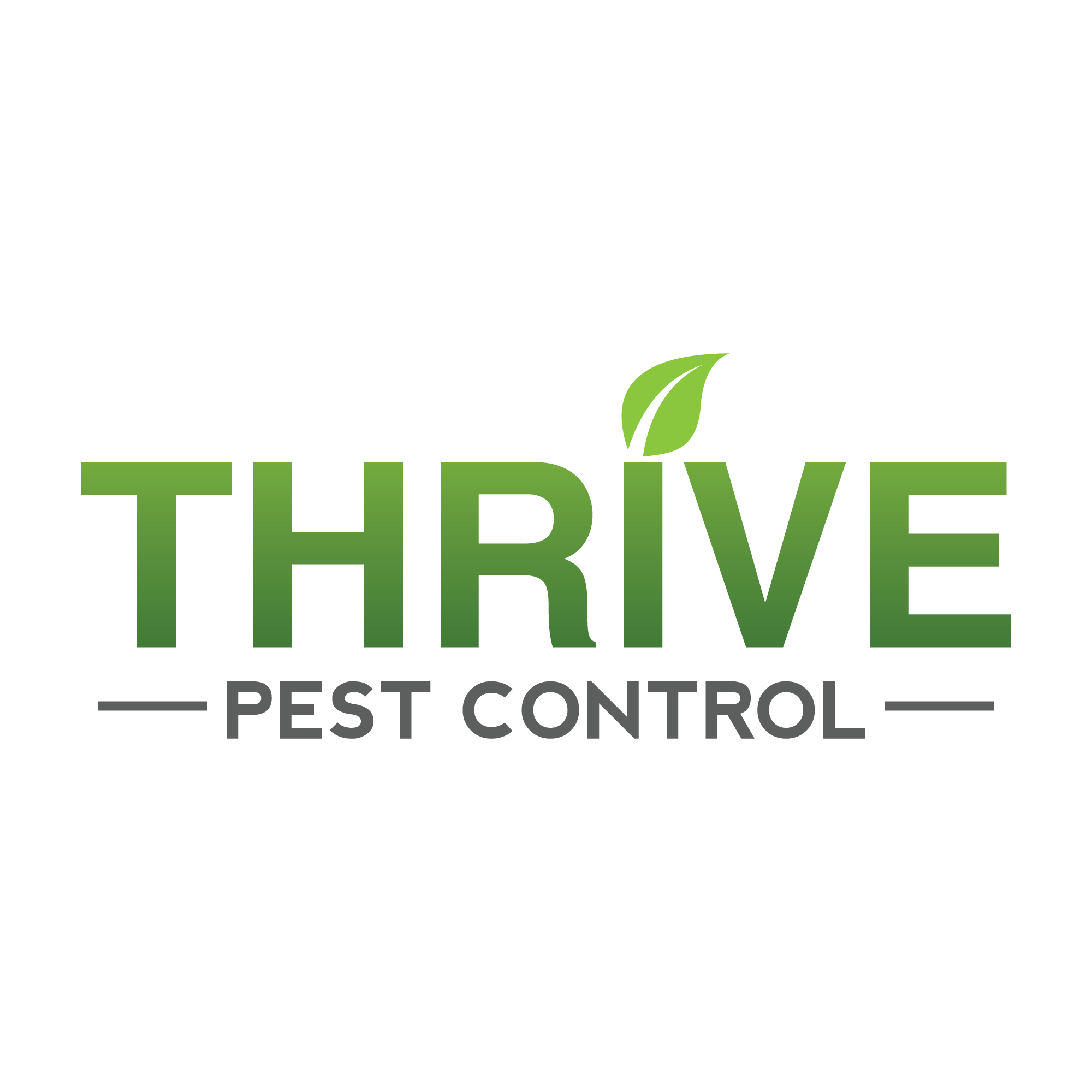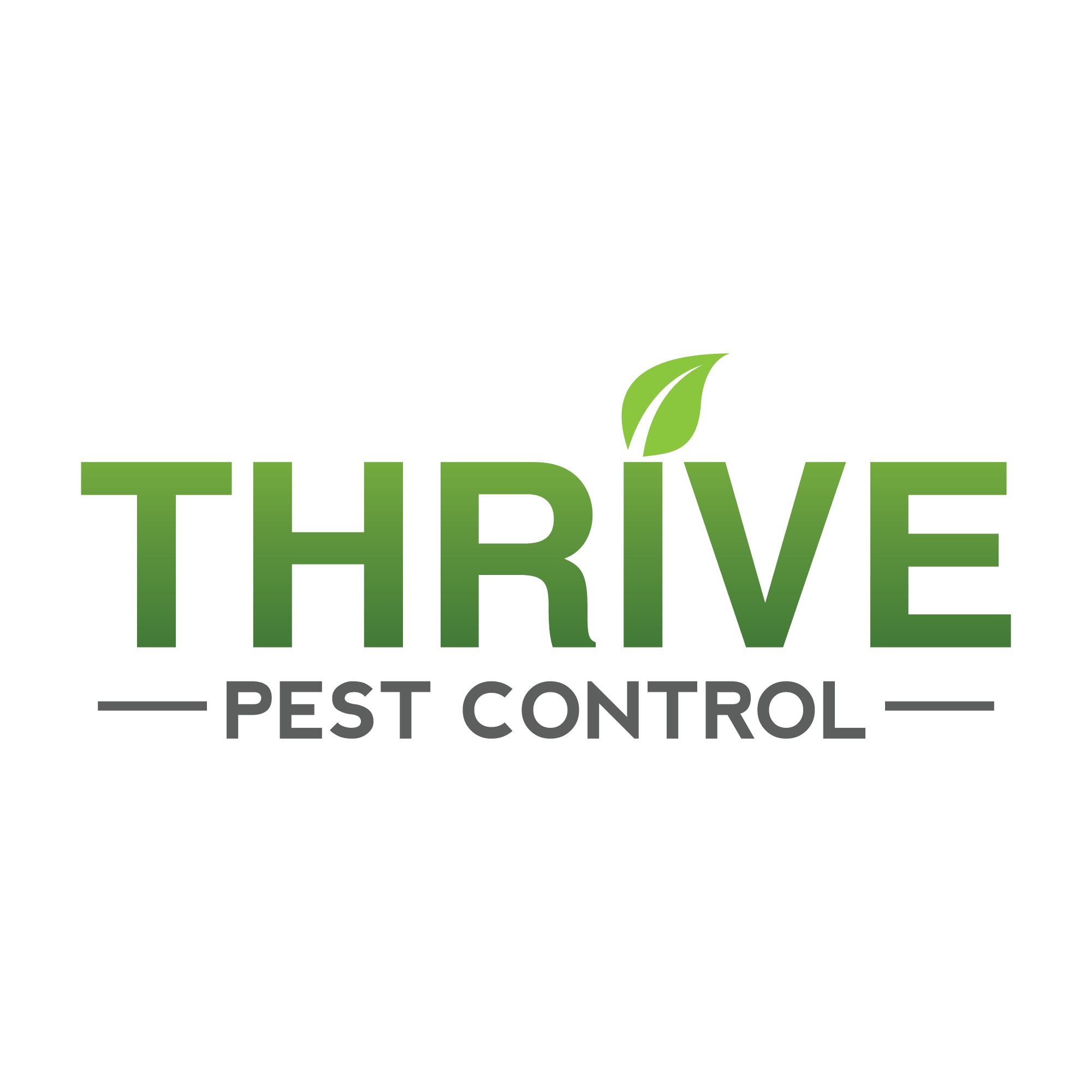Why bees are important for the ecosystem — Rebecca’s student essay
Why Bees Are Important For The Ecosystem?
What do you think when you hear the word superhero? Do you automatically have a vision of a stellar guy with a sweet haircut and a red cape flowing as he soars through the sky? Do you think of the nurses, doctors, and teachers that live in your community? Several people may not realize that the true superhero is dressed in yellow and black and produces an amazing sugary treat known as honey. They may not stop crime in its tracks, or protect the people from danger but they do in turn provide a lot of our food.
Bees are a thriving part of our ecosystem. Without them we would not have fruits, vegetables, flowers, trees, or honey for our tea. Bees are natural pollinators which help our ecosystem remain healthy. Bees are attracted to flowers where they gather nectar and pollen for their own nutrition.
According to The British Bee Keepers Association, “Honey bees mix plant pollen with water to form a type of bread that is fed to the growing larvae. It provides a rich source of protein and fat whilst honey provides energy (carbohydrate). Bees collect about 20kg of pollen every year – that’s 1 million pollen loads at 20mg per trip!”

That is a lot of pollen to collect for a tiny bee. With the amount of pollen being carried around by these little superhero’s some pollen is bound to fall. This then allows our flowers and plants to continue to produce. You see pollen is taken from the male components of a plant and moved to the female reproductive cells where a seed can then be made. PlanetBee.org puts it best, “The vast majority of plant species– almost 90%, in fact– rely on pollinators to reproduce. Pollination is the process by which pollinators help plants to produce fruit (technically anything with seeds on the inside, so that includes things we normally think of as vegetables, like cucumbers, green beans and tomatoes) by transporting pollen from one flower to another.”

We now know that bees are an important aspect of pollination but it only gets better. One bee can visit up to 2000 flowers a day, which really stimulates growth in our plants. Unfortunately, these little guys are having a difficult time as their numbers continue to drop every year. Bees are declining by the billions due to several factors including; monoculture farming, fatal pesticides, natural occurring parasites and more.
Planet Bee states, “Last year, in 2016, 44% of managed beehives in the US died. The number of managed honey bee colonies in the United States has declined steadily over the past 60 years, from 6 million colonies (beehives) in 1947 to 4 million in 1970, 3 million in 1990, and just 2.5 million today. Overwintering loss rates have increased from the historical rate of 10-15% to approximately 30%, and beekeepers have collectively lost approximately 10 million beehives.”
Yes, the above statement is from a few years ago. The saddest factor in that is our bees are still declining. If you want to help our bees and give them the best chance possible here are some things that you can do. Create a bee bath by having a small bowl filled with rocks and filled with clean drinking water. Support local beekeepers by purchasing honey from them or making donations. If you have the opportunity, grow a flower and vegetable garden that will attract the bees.
If the bee population were to disappear so would an abundance of our crops, food, and more. Bees really are the definition of a superhero. They are tiny but they are mighty and it is our job to help defend some of the greatest pollinators of the world.
Author: Rebecca Papineau
Western Governors University
Citations
British Beekeepers Association. 2020. What Bee Is This?. [online] Available at: <https://www.bbka.org.uk/what-bee-is-this> [Accessed 21 August 2020].
Planet Bee Foundation. 2020. WE NEED BEES — Planet Bee Foundation. [online] Available at: <https://www.planetbee.org/why-we-need-bees> [Accessed 21 August 2020].

Student Scholarships
Every year Thrive Pest Control hosts an essay contest and the reward is a 1-year scholarship at a 4-year university in the United States. This blog post is one of those scholarships.

Which spiders in the U.S. are venomous? — Gabriela’s Student Essay
Which Spiders in The U.S Are Venomous? There are three popular and known poisonous spiders in the United States – the black widow, the hobo,

Signs of raccoons terrorizing your home — Denver’s student essay
Signs of Raccoons Terrorizing Your Home “What’s that scratching noise I’m hearing in my attic?” “Why are my garbage bins knocked down every morning?” “Where

Will Pest Control Get Rid of Spiders — Joe’s student essay
Will Pest Control Get Rid of Spiders? When asked if pest control gets rid of spiders most people’s immediate answer would be, “I don’t know,

Where does pest control spray in apartments — Sarahi’s student essay
Where Does Pest Control Spray In Apartments? When the situation involves bugs, rodents, and even insects, there can be a variety of places where pest

Where does pest control spray in apartments — Aidan’s student essay
Where Does Pest Control Spray In Apartments? The home exists as a place of comfort and safety. The best option for financially independent young adults

Where does pest control spray in apartments — Elsie’s student essay
Where Does Pest Control Spray In Apartments? Where does pest control spray in apartments? Does pest control spray the whole apartment complex or only the

